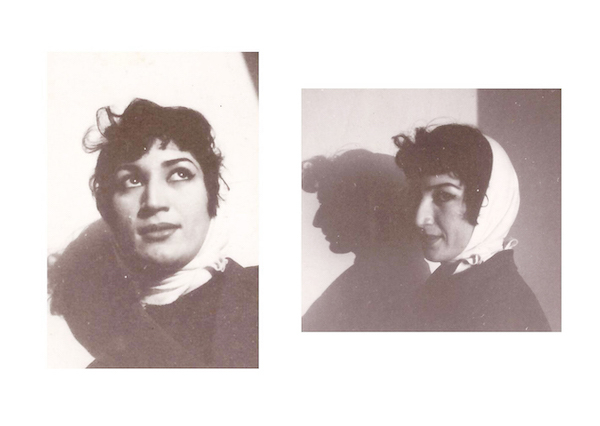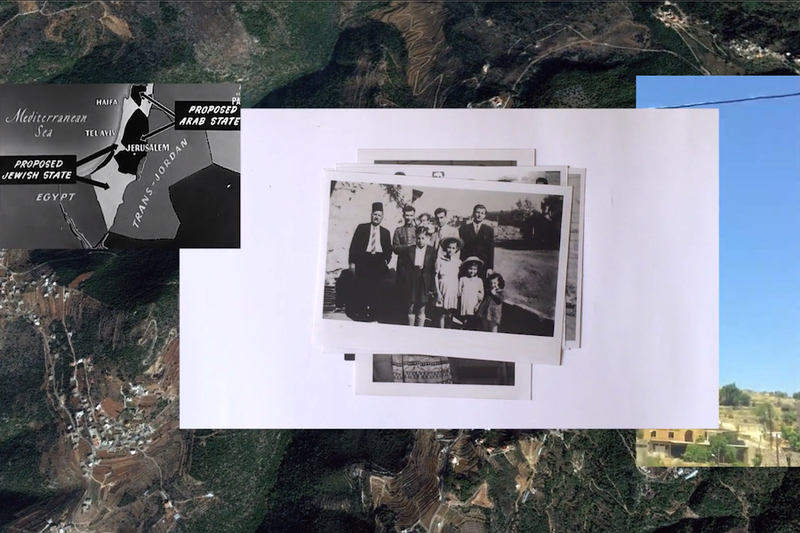In the context of the Covid pandemic, the Indian writer Amitav Gosh began work on his book The Nutmeg’s Curse: Parables for a Planet in Crisis. In this illuminating talk, Gosh summarizes some of his terrifying conclusions and untangles the historical ties between the current climate crises and the history of Western colonialism. By using the parable of the spice nutmeg, historically grown exclusively in a small volcanic archipelago of Banda islands in Indonesia, he shows the ways in which the fight for the control of production and distribution of nutmeg led to unprecedented colonial violence and, as Gosh puts it, one of “the earliest genocides” in human history.
"If we put aside the myth-making of modernity, in which humans are triumphantly free of material dependence on the planet, and acknowledge the reality of our ever-increasing servitude to the products of the Earth, then the story of the Bandanese no longer seems so distant from our present predicament. To the contrary, the continuities between the two are so pressing and powerful that it could even be said that the fate of the Banda Islands might be read as a template for the present, if only we knew how to tell that story."
Critically, Gosh calls for the urgency in returning plant and animal actors to human history, a history that has exponentially silenced non-human voices with the advancement of colonialism and exploitation.
Cover image: Nutmeg from the Banda Islands, 1619. Copy of the original woodcut from the report of Second Dutch Expedition to the East Indies by Wybrand van Warwijck and Jacob Corneliszoon van Neck (1598-1600). RP-P-OB-75.396 / Rijksmuseum





